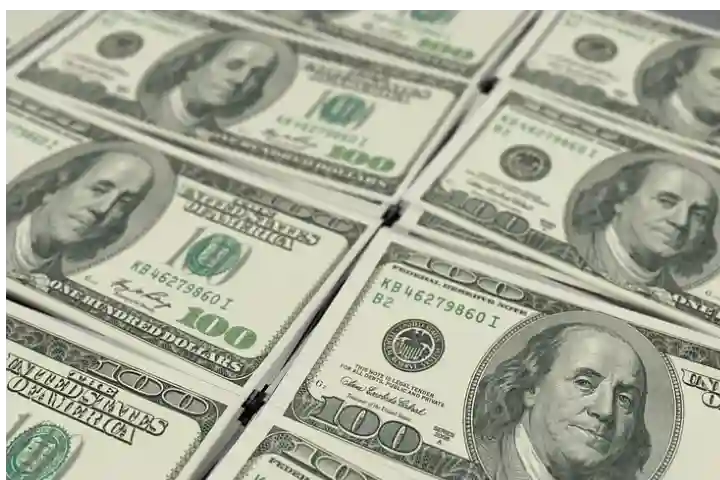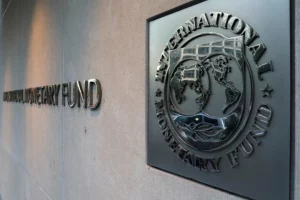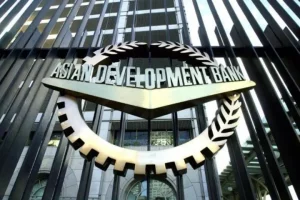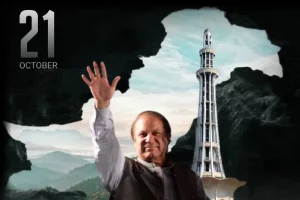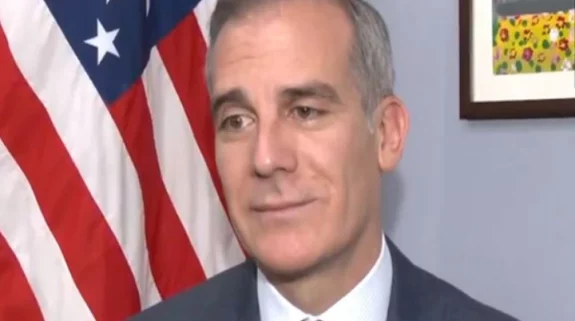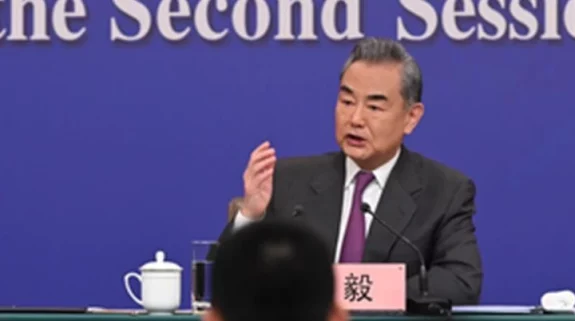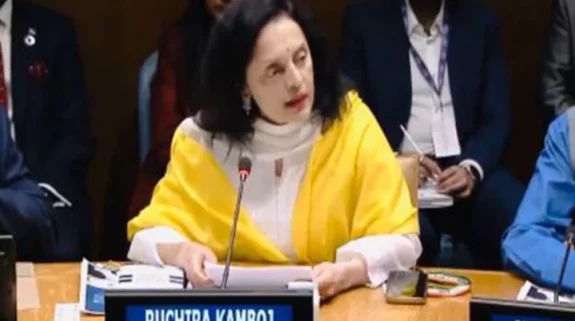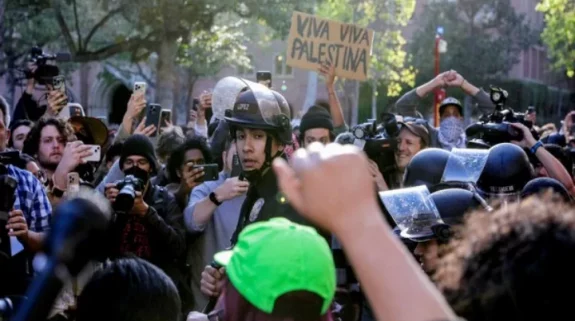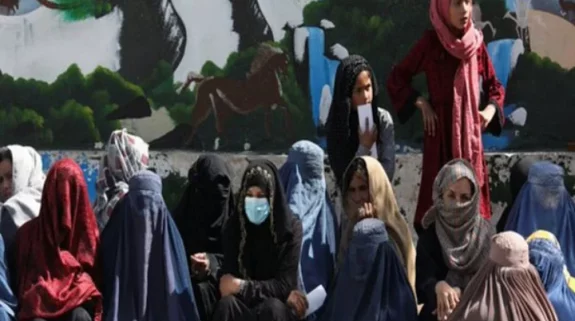For Pakistan, with foreign exchange reserves of just $9.2 billion—enough for imports for less than two months, the clock is ticking as negotiations with the International Monetary Fund (IMF) for a bailout package could take more time. The country’s Finance Minister Miftah Ismail, who has been insisting on raising prices and remove subsidies as mandated by the IMF, is now facing opposition from his own party members, especially since former prime minister and Pakistan Tehreek-e-Insaf (PTI) leader Imran Khan has upped the ante against what he describes as “imported” government.
Other bilateral lenders including Saudi Arabia and UAE, with which Pakistan has been in talks for financial assistance, too have adopted a wait and watch approach. These countries are likely to release the funds only after the IMF talks conclude.
Earlier this month, Ismail announced that China has agreed to refinance $2.3 billion. While the assistance will provide a much-needed breather to the cash starved country, the deal is yet to fructify.
Meanwhile, Khan in a fresh attack said that the government’s policies are anti-poor and that the country has been towing the US line.
The common Pakistanis have already registered their discontent over the fuel price hike.
“The Pakistan government is caught in a bind..it has to increase prices and put an end to subsidies, which would mean more economic woes for the common people in the short to medium term but not doing so could lead to IMF’s unwillingness to extend the bailout package,” an analyst told India Narrative.
“I have told the prime minister that we have to take tough decisions. The prime minister is unhappy with increasing the prices of petroleum products. Whenever I send a summary in this regard, the ministers curse me,” the Express Tribune quoted Ismail as saying.
Ismail even drew a parallel between Pakistan’s economy and that of Sri Lanka, which has defaulted.
Despite the recent fuel price hike, Pakistan has not been able to totally wipe out subsidies.
Since January, this year, Pakistan’s foreign exchange reserves have been depleting. In January, the South Asian nation’s forex reserves stood at $16.6 billion.
Pakistan has already increased fuel prices, as mandated by the IMF. But now the multilateral agency has also asked Pakistan to take additional measures to “strengthen” its budget which was announced last week. It has also asked Islamabad to renegotiate energy deals under the China Pakistan Economic Corridor (CPEC).
The CPEC projects are always in the crosshairs deliberately targeted by the West and its like-minded international financial institutions especially the IMF, Yasir Habib Khan, founder and president of the Institute of International Relations and Media Research in Pakistan wrote in an article, published by Beijing based Global Times. Earlier several reports have suggested that the Chinese independent power producers (IPPs) that are operating in Pakistan, have been over-charging without any transparency in the financial dealings.
“Whether might be called a blackmailing or taking advantage of Pakistan's situation, it seems IMF economists viewed Chinese IPPs as sharks for allegedly overcharging for electricity generation,” he said in his article.
In 2019, Islamabad signed a $6 billion loan programme with the IMF under its Extended Fund Facility. But the programme was halted in January 2020 after disbursement of about $3 billion following Imran Khan's refusal to increase electricity tariff and impose additional taxes as prescribed by the multilateral agency.
Pakistan may require a record $24 billion of foreign assistance to ride out an economic collapse






